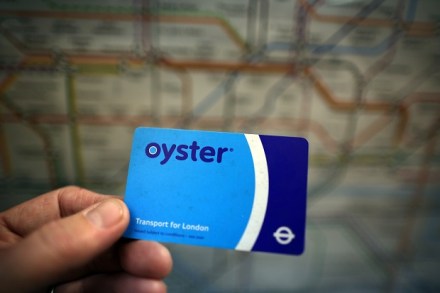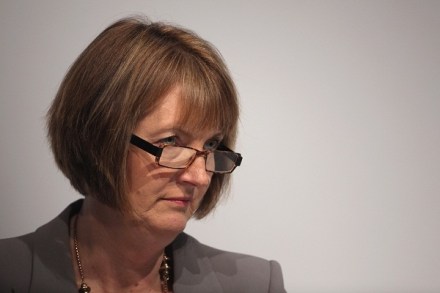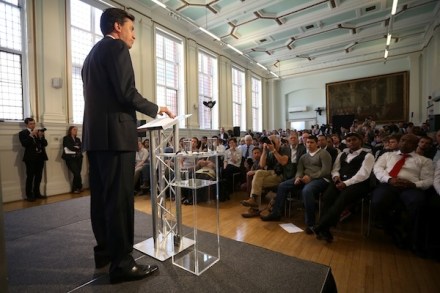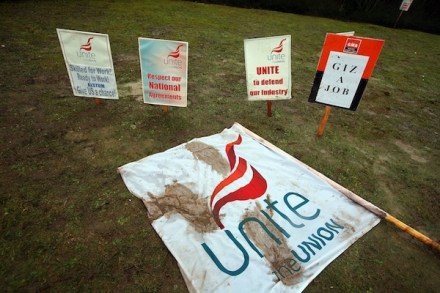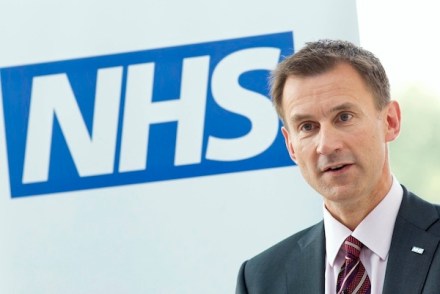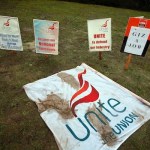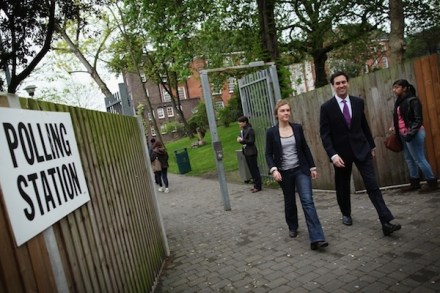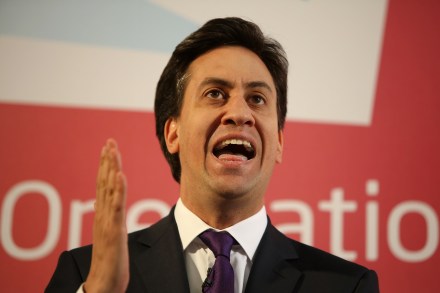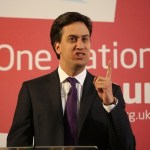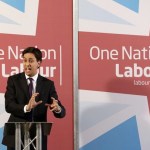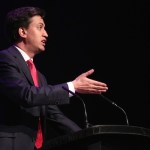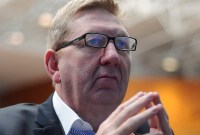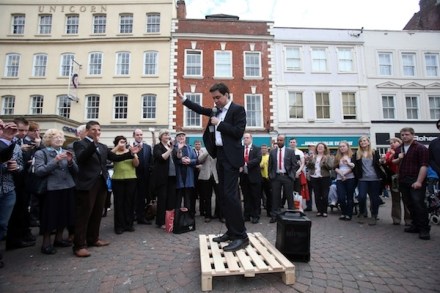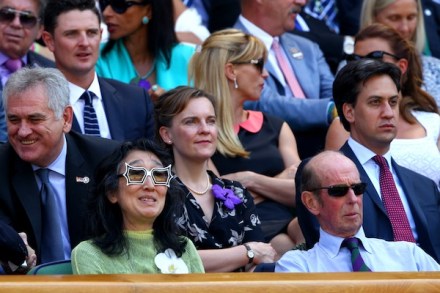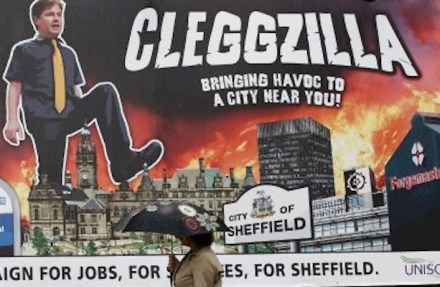Ignore Labour’s rage against the machines
Two months ago I walked into the railway station at Biarritz. Without thinking I headed to the ticket machine on the concourse, pressed the small Union Jack on the touchscreen, and thirty seconds later had my ticket in my hand. Very simple and stress free, which is unsurprising as modern ticket machines are beacons of sanity for the international traveller. I remember the palaver at the Polish Railways ticket counter at Wrocław in 2006, when I was saved by a local in the queue behind me who could translate ‘could I have a single to Poznan for the early morning train tomorrow, and do I have to buy a supplementary
